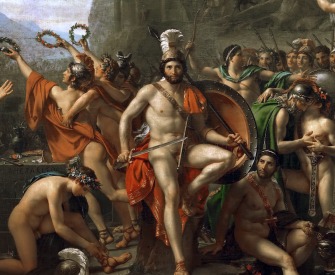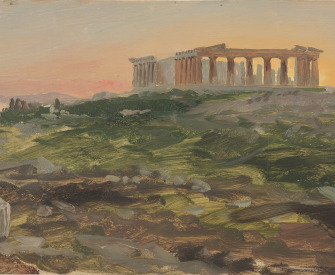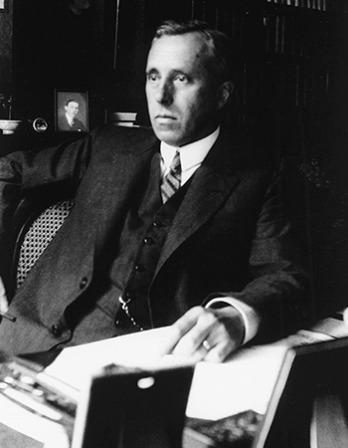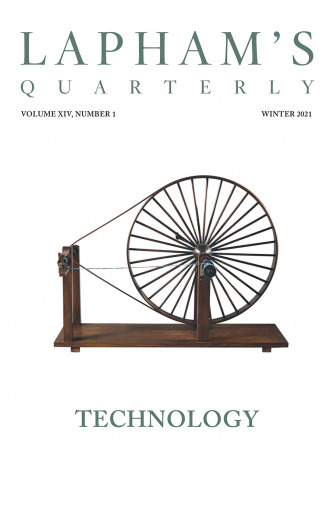What could I tell you, my lady, of the secrets of nature that I have discovered while cooking? I observed that an egg unifies and fries in butter or oil, but to the contrary dissolves in syrup; that in order to keep sugar liquid, it suffices to throw on it a very little bit of water flavored with quince or another bitter fruit; that the yolk and white of the same egg when separated and combined with sugar have an opposite effect, and one different from when they are both used together. I do not mean to tire you with such foolishness, which I only recount to give you a complete picture of my nature and because I think it will amuse you. But, my lady, what can women know except philosophy of the kitchen? Lupercio Leonardo has said it well: it is possible to philosophize while preparing dinner. As I often say on observing these little things, if Aristotle had cooked, he would have written much more.
© 2005 by Pamela Kirk Rappaport, Paulist Press, Inc., New York/Mahwah, NJ. Used with permission of Paulist Press.
From “Response to Sor Filotea.” A brilliant child of modest means, Sor Juana attracted the attention of the viceroy of New Spain and was made a lady-in-waiting at his Mexico City court in 1664. She excused herself three years later to become a nun, having a “total disinclination to marriage.” In her cloister, Sor Juana amassed one of the New World’s largest private libraries, writing, among other things, religious poems and cloak-and-dagger plays.
Back to Issue




